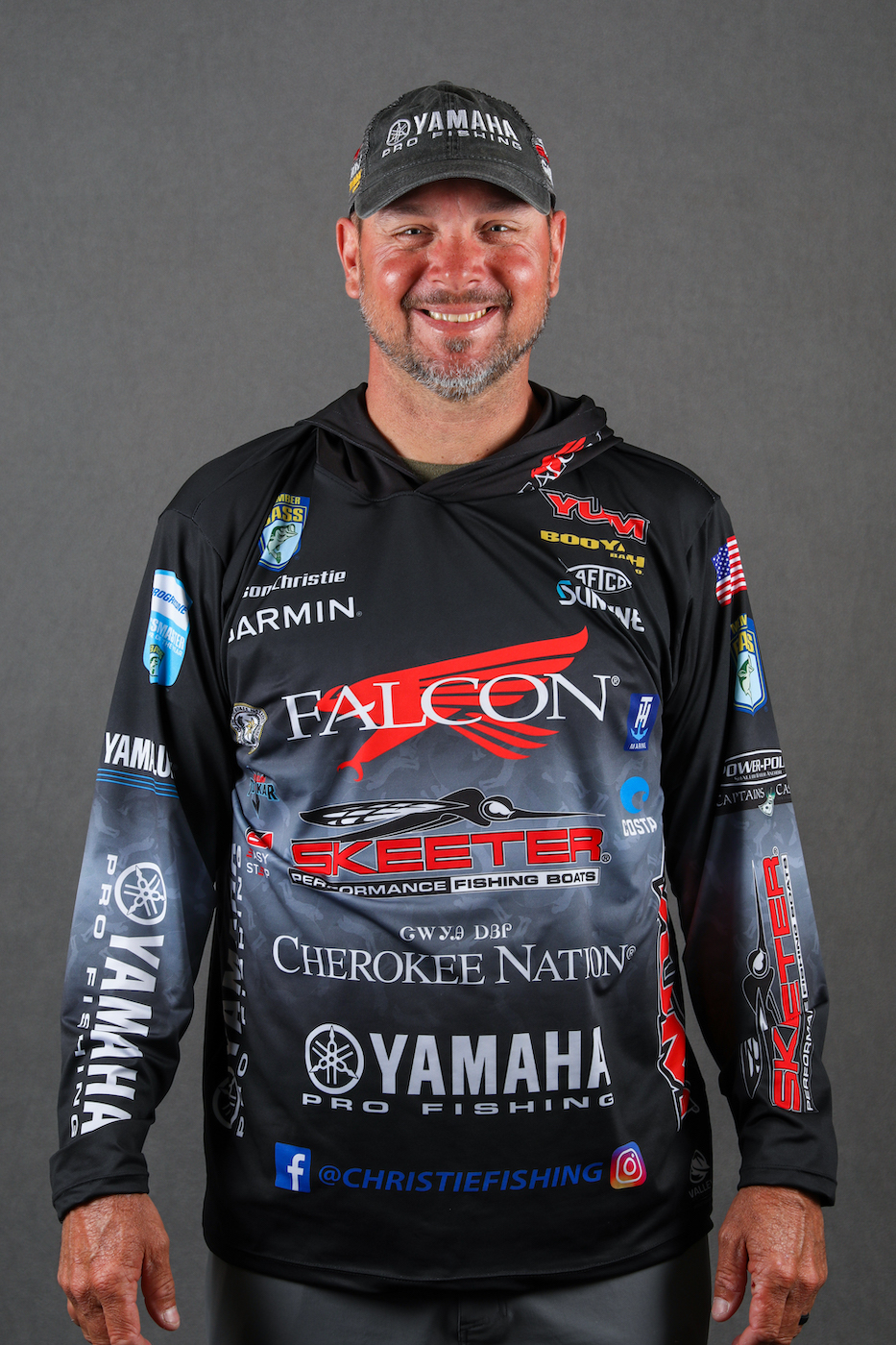There’s no question, I wanted to win the recent Elite Series event on Lake Seminole — same as every tournament I fish. But I’ll tell you this — I’m pleased with my 14th-place finish.
Here’s why: First off, this was my first time fishing this big lake in southern Georgia, and anytime you can make a strong showing on new waters, that’s something to be proud of.
One thing I’d like to do with this blog is take some of the things I experience as a national touring pro and translate them into lessons that can help fishermen of all levels. So that’s a big one right there — don’t ever be intimidated by new waters. Take each opportunity to fish something you’re unfamiliar with as the chance to broaden your angling knowledge, both geographically and tactically.
Also, while we always shoot for the top, a good showing in a new venue should serve as encouragement, something to spur us to try harder next time and build on what we’ve learned.
That’s my Seminole take away.
Now, let me take you through how this tournament played out, because I think there’s another good lesson here.
This event brought a lot of inconsistency with changing weather and changing water levels. It seemed like the fish were changing not just day to day, but morning to afternoon as well. As you might expect, this required me to make a lot of changes.
One of the key things that I saw was some shifting between prespawn and early spawning movement. We had mostly warm, mild conditions during practice, but on the first day of the tournament a front blew through and the temperature took a nosedive.
Based on what I saw in practice, I had intended to sight fish, but when the sharp weather change bumped a lot of fish off the beds that plan went out the window. The fish didn’t go far, but they just weren’t in the defensive mode that you need them to be in for this type of fishing.
I ended up catching my fish on a Booyah Boogee Bait and a Yum Christie Critter. I fished the bladed jig parallel to grass mats first thing in the morning and when that bite died between 9 and 9:30, I’d pick up the flipping stick and flip that Yum bait into the thicker parts of the mat.
A fog delay limited the morning bite on day two, but on the first and third days, I’d basically gauge it this way: If I went an hour without a bite, it was time to do something different.
My biggest fish of the tournament was a 6-pounder, but on the first day I lost one that had to weigh about 9 or 10 pounds.
That really hurt, and I kind of lost my cool.
But like I said earlier, I left Lake Seminole with a sense of peace. I would have loved to have finished higher, but I was definitely proud of my 14th-place – if for no other reason, than my rule of 25.
Anytime I fish in the Southeast, if I finish 25th or better I’m happy. That’s because those Southern bass are some of the most fickle rascals I’ve ever seen.
It seems that they get kind of spoiled in that mild Southern weather, so they know they can feed pretty much whenever they want to. This means they tend to bite in spurts and if you miss that window because you were in the wrong place your whole tournament can be done.
I got ‘em good enough for 14th, and that makes me feel pretty good.
Now, here’s that second lesson: I think the key to me getting a pretty good crack at those bass was deciding on one area and sticking to it. I always seem to do better when I can just settle down somewhere and fish.
I found a good area in practice and I spent all 3 days of the tournament there. It was a basic creek off the Chattahoochee River, but there was plenty of good habitat and lots of fish.
I have to admit that I was tempted to break my plan and run somewhere else when I found myself with only a small limit at 1 p.m. on day three. Something told me to stick it out a little longer and sure enough, it was about 30 minutes later that I caught a 5-pounder and then a couple more good ones.
So this just serves to remind me of a very important principle: Whenever you find some fish (in the South), don’t get impatient. Those fish just pick and choose when they want to bite, and sometimes you just have to wait it out.

